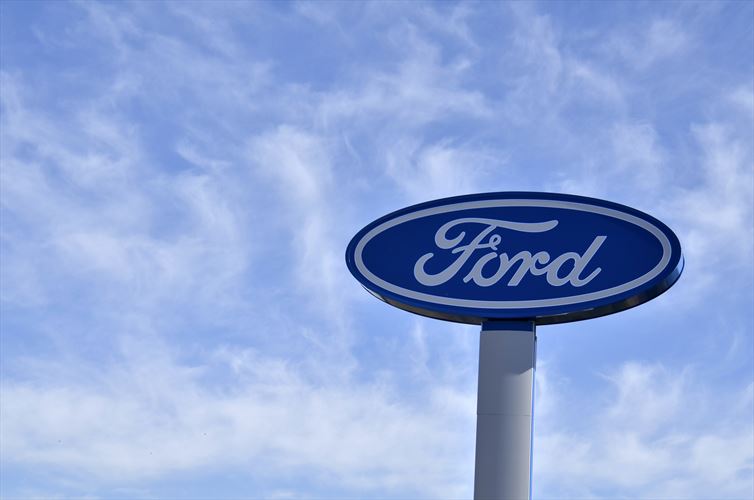Ford news

QuickPic | April 20, 2020
Without Food Supply Chain, SA Could Face Very Different Crisis
- COVID-19 pandemic shines a light on the critical role of unsung heroes like farmers, delivery truck drivers, and supermarket cashiers during a global crisis
- Reduction in South African fuel prices will benefit consumers as decreased costs in the transportation and distribution links of the supply chain ultimately impact food prices
- Drop in pump prices for April and May will provide a measure of relief to emergency and essential services who need to remain mobile during lockdown
- Ford supports vehicles used by emergency and essential workers during lockdown
PRETORIA, South Africa, 20 April 2020 – Although the drop in fuel prices for April may be cold comfort to those South Africans working from home in lockdown and doing only a fraction of their usual travel, we could all benefit from lower food prices due to decreased costs in the transportation and distribution links in the supply chain. And the reduction in fuel prices should provide some measure of relief for those delivering key frontline services which require them to remain mobile.
If you had asked South Africans a month ago to list five ‘essential jobs’, it’s unlikely that farmers, delivery truck drivers, or supermarket cashiers would’ve featured. But without all of these unsung heroes involved in the food supply chain working tirelessly to bring goods from farm to fork, we could have a very different crisis on our hands.
“Before lockdown, most of us probably hadn’t given too much thought to the men and women involved in the production, processing, packaging, inventory, transportation, storage, distribution, delivery, and retail of the food that we buy,” says Neale Hill, managing director at Ford Motor Company of Southern Africa.
“We certainly wouldn’t have listed these people up there with the likes of doctors and nurses and the police and army in terms of what one considers ‘emergency and essential workers’ in the context of a global health crisis,” he adds. “And yet, what was the first thing most people did when government announced the 21-day national lockdown? They jumped in their cars and raced over to the shops to fill their trolleys with groceries!”
“Once the initial wave of panic buying and stockpiling subsided, however, it gave us an opportunity to reflect on our modern lives and consumption habits,” he continues. “We have become acutely aware of our dependence on a fully-functioning food supply chain, and our own vulnerabilities to the impact of potential disruptions to that supply chain. No longer do we take for granted the convenience of well-stocked supermarket shelves, and we have a new-found appreciation for all those workers in the agricultural sector and the service industry who make those well-stocked shelves possible.”
“In order for South Africa to get through this crisis, our emergency and essential services need to remain fully operational,” says Hill. “So, to ensure continued mobility for personnel who use our Ford vehicles, government has granted permission to a number of our dealerships in the major centres across the country to avail themselves to conduct repairs on these vehicles, if and when necessary. This includes our Ranger pickup, which is used by thousands of farmers, both small-scale and commercial, as well as our Transit and Tourneo vans.”
“On behalf of Ford, I’d like to take this opportunity to say a heartfelt thank you to all those people in society who so often go unnoticed, and have inadvertently been pushed to the frontlines during this challenging time – especially those of you working so hard behind-the-scenes to keep the nation fed,” concludes Hill. “Your efforts to protect food security throughout the duration of the epidemiological curve of COVID-19 are to be highly commended, and for your contributions we are eternally grateful.”
Original article and image as supplied by QuickPic











